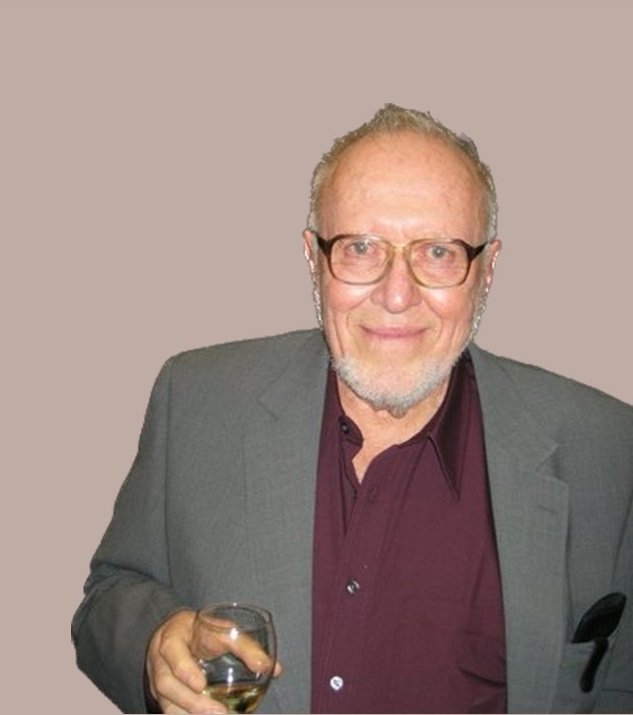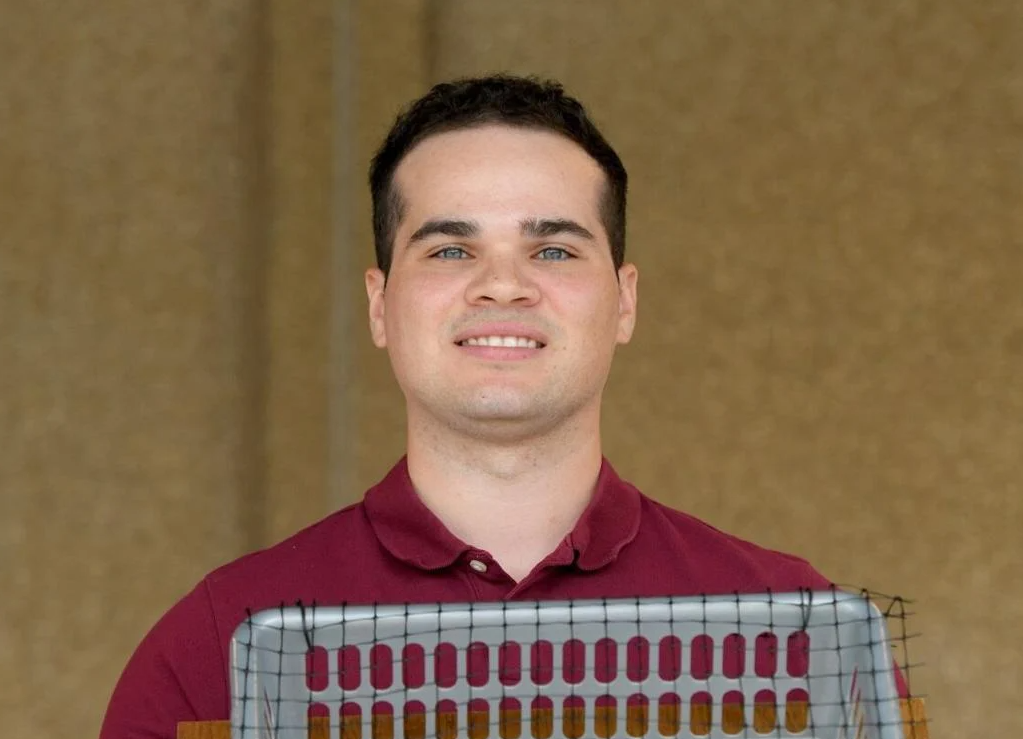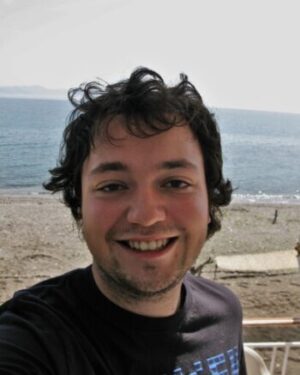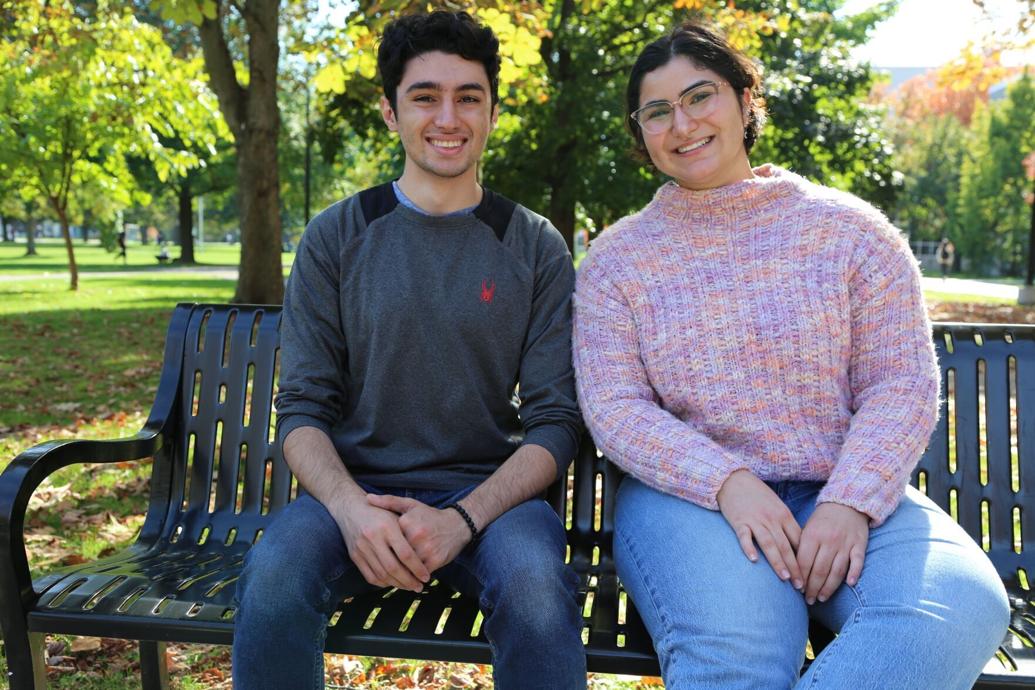Ian D. Spenser, FRSC, 1924-2022

Ian Daniel Spenser, Professor Emeritus, McMaster University, died in Dundas, Ontario on December 28, 2022. Ian was born in Vienna, Austria, on June 17, 1924, and the family moved to Prague in 1935. He and his brother Tomi were evacuated to England in 1939 on the Kindertransport. Ian’s mother perished in Auschwitz, and his father, the renowned poet Sonka, survived only to be killed in post-war Czechoslovakia. In England, Ian met and married Anita Fuchs, another Kindertransport survivor. Ian was predeceased by his younger brother, Tomi Spenser of Israel.
Ian received his undergraduate training in chemistry at the University of Birmingham (BSc Honours 1948) and completed PhD studies in Biochemistry at the University of London, King’s College in 1952. In between lectureship positions in Biochemistry at St. Bartholomew’s Hospital Medical College, University of London, he undertook postdoctoral studies with Léo Marion at the National Research Council of Canada, Ottawa. That opportunity introduced Ian to Canada and to the investigation of natural product biosynthesis – a field of study that became the focus of his research career at McMaster University. Ian joined the Department of Biochemistry at McMaster University as an Assistant Professor in 1957, becoming Professor in 1964; in 1968, he became a faculty member in the Department of Chemistry (now Chemistry & Chemical Biology) from which he retired in 1989, becoming Professor Emeritus.
Throughout his long and distinguished career, Ian received numerous honours. In 1969, Ian was awarded the degree of DSc in Organic and Biochemistry from the University of London. He was elected to Fellowship in the Royal Society of Canada and the Royal Society of Chemistry (UK), both in 1980. A Fellow of the Chemical Institute of Canada since 1957, Ian received the John Labatt Award (1983) and the Ray Lemieux Award (2005) for his investigations of natural product biosynthesis. A symposium was held in Ian’s honour at the 74th Canadian Chemical Conference in 1991, and in 1994 an issue of The Canadian Journal of Chemistry was dedicated jointly to Ian and his Departmental colleague, David MacLean. Ian’s pioneering postdoctoral work with Marion, “Radioactive Tracers in the Study of Natural Product Biosynthesis”, was highlighted as a “Milestone of Canadian Chemistry in the 20th Century” at the Canadian Society for Chemistry Conference in 2000. In recognition of his accomplishments and contributions, Ian received a DSc honoris causa from McMaster University in 2004.
Ian was an international scientist. In 1971, and again in 1989, Ian spent a semester as an “academic guest” at the ETH, Zurich. He served as visiting professor: in the Department of Organic Chemistry of the Technical University of Denmark, Lyngby, in 1977; at the University of Karlsruhe in 1981 with a NATO Senior Scientist Award; in the Department of Pharmaceutical Chemistry, University of Tokyo, in 1983 with a Canada-Japan Exchange Award; and in the Department of Pharmaceutical Biology, University of Bonn, in 1989.
In the 1950s and 1960s, along with a few other outstanding international scientists, Ian defined the newly emerging field of natural product biosynthesis. His work set high standards for experimental and intellectual rigour. He chose to study nitrogen-containing natural products with important biological properties (initially alkaloids, later vitamins) and most often focused on those with intellectually challenging or controversial biosynthetic origins. His studies provided essential insights into fundamental pathways of alkaloid biosynthesis, including the mechanisms of assembly for benzylisoquinoline, lythraceae, lycopodium, piperidine, pyridine, pyrrolizidine, and quinolizidine alkaloids, as well as the medicinally important ephedrine. Ian also became an authority on the use of unequivocal isotopic methods to determine the chirality and prochirality of biosynthetic and enzyme-catalyzed reactions.
In mid-career, Ian also focused his attention on vitamin biosynthesis. His significant contributions to our understanding of the biosynthetic pathways of thiamin (vitamin B1) and pyridoxine (vitamin B6) demonstrated his ability to overcome technical difficulties associated with minuscule amounts of vitamins in microorganisms, to design meticulous experiments employing rigorous controls, to sort out erroneous literature reports, and to generate insightful analysis of results, including the interpretation of complicated isotopic distributions resulting from the presence of multiple biosynthetic pathways. By taking advantage of developments in nuclear magnetic resonance (NMR) spectroscopy, Ian was able to apply increasingly sophisticated isotopic methods, including multiple labelling methods, to elucidate the chemistry in nature’s pathways to complex molecules. A culmination of his research was the identification of a common precursor of vitamins B1 and B6, elucidating a long-suspected convergent origin of these vitamins in yeast.
In all, Ian’s research endeavours were characterized by enthusiasm and the pursuit of unambiguous and definitive answers to fundamental and scientifically intriguing problems. He gave invited plenary lectures worldwide and – over six decades – he published in the top international scientific journals. Even in ‘retirement’, he published 32 papers, with 15 in the prestigious Journal of the American Chemical Society. His reviews gave exhaustive and critical coverage of the literature and perceptive chemical and mechanistic insight. Ian’s research received more than 50 years of NSERC support and several years of funding from the NIH.
The phrase “did not suffer fools gladly” aptly describes Ian. He was vocal with his opinion, which was often well-founded. In his papers in the McMaster Archives, there is correspondence with individuals including Lincoln Alexander and Jean Sauve regarding research funding, grants and science policy issues, and other issues important to Ian. Less well known is his quiet support of others. Ian had a tendency to decide very quickly if someone was “worth befriending”, and once a friend, he was loyal and generous to a fault. He served McMaster University in numerous capacities including terms on the McMaster Board of Governors and the Senate. Ian also taught organic chemistry to thousands of students, many of whom went on to be medical doctors. For many years, Ian was critical of the quality of medical research and the ease with which some MDs seemed to obtain research grants with little research experience or training. He saw himself very much as a “pure rather than an applied scientist”, leading him to leave the Department of Biochemistry when the McMaster Medical School was established. He nevertheless seemed able to drum up some pride when his daughter graduated from McMaster Medical School, stepping in for the Chancellor to cap and gown her.
Ian was a creature of habit, enjoying Saturday shopping at the Hamilton Market, always picking up Denninger’s sausages and poppy seed rolls. In his eccentric style, he successfully nominated Ethilda ‘Tillie’ Johnson, a Jamaican market vendor and proud supporter of education for Black youth, for a McMaster honorary degree.
Ian was an ardent squash player, with a tournament long held in his name. He also enjoyed cottage time and all of his ‘up north’ neighbours, especially the Heaven clan responsible for the acquisition of the Spenser cottage in Minden, Ontario. The cottage was a site of weekend meetings, tennis games, scrabble and cryptic crossword puzzles, paper writing, parties and gatherings of his research group, and a location for feeding experiments for his plant work. He very much enjoyed both working and what he labelled “pottering around” at the cottage. In mid-life, Ian took up scuba diving and, with his wife Anita, enjoyed many trips to St Martin and Hawaii, incorporating both deep sea dives and Ian’s propensity for nude sun-bathing.
Towards the end of his life, Ian lost his sight and was unable to drive, read or attend events at the University that he had enjoyed so much. His mind remained sharp until the end and he continued reminiscing about the people and accomplishments in his life.
Ian leaves his wife Anita, daughter Helen and son Paul.
Memories of Ian or messages of condolence may be sent to the email mikhel@sympatico.ca
Memorial donations may be made to Wellwood Cancer Resource Centre of Hamilton, https://www.canadahelps.org/en/charities/wellwood-resource-centre-of-hamilton/ (The Spenser family has been supporters of Wellwood since its beginning because of their close relationship with the George family.)

Obituary written by Robert L. White, Mary Anne White, Helen R. Spenser and Paul Spenser
Related News
News Listing

August 22, 2024

April 17, 2024

